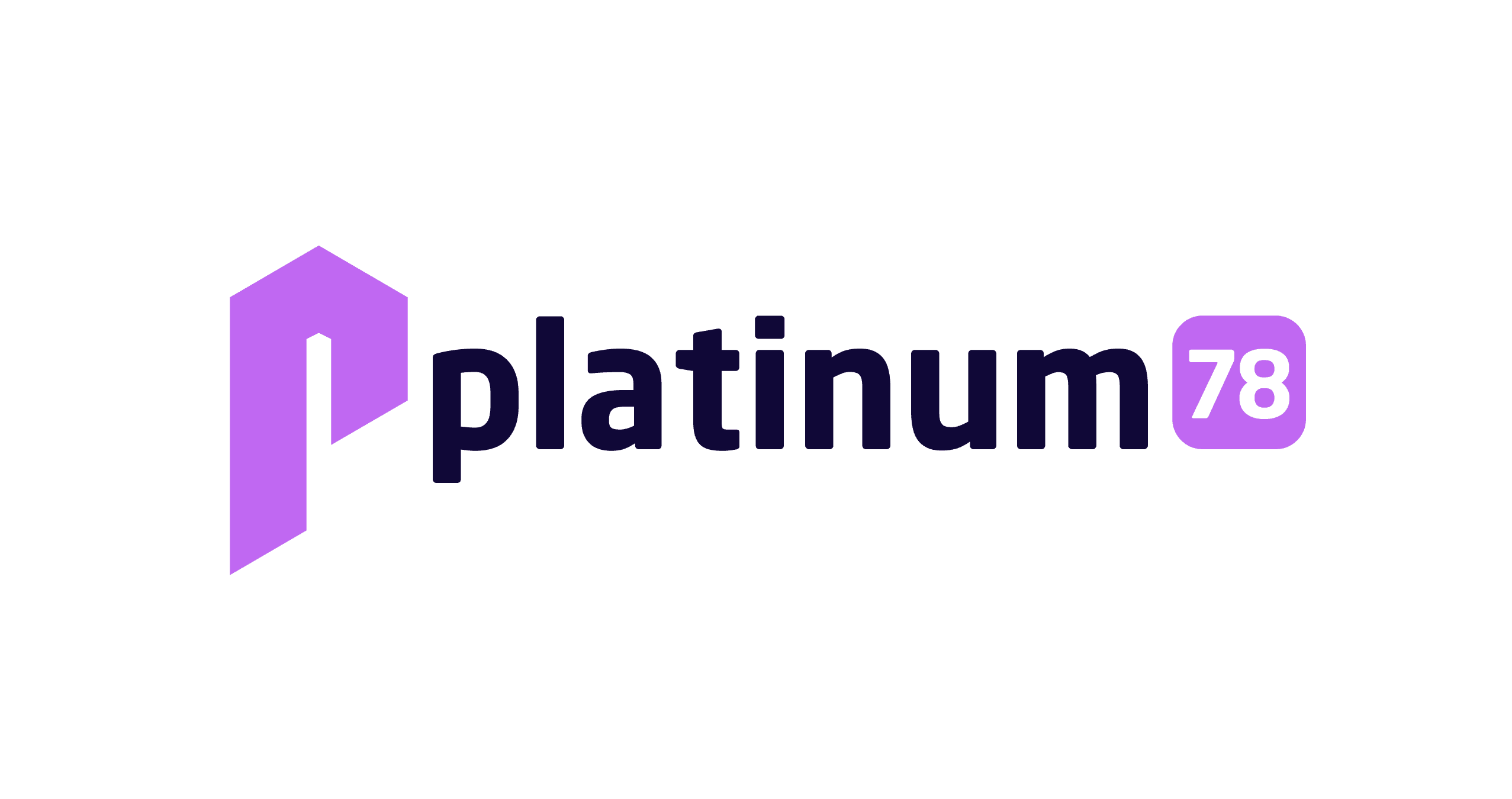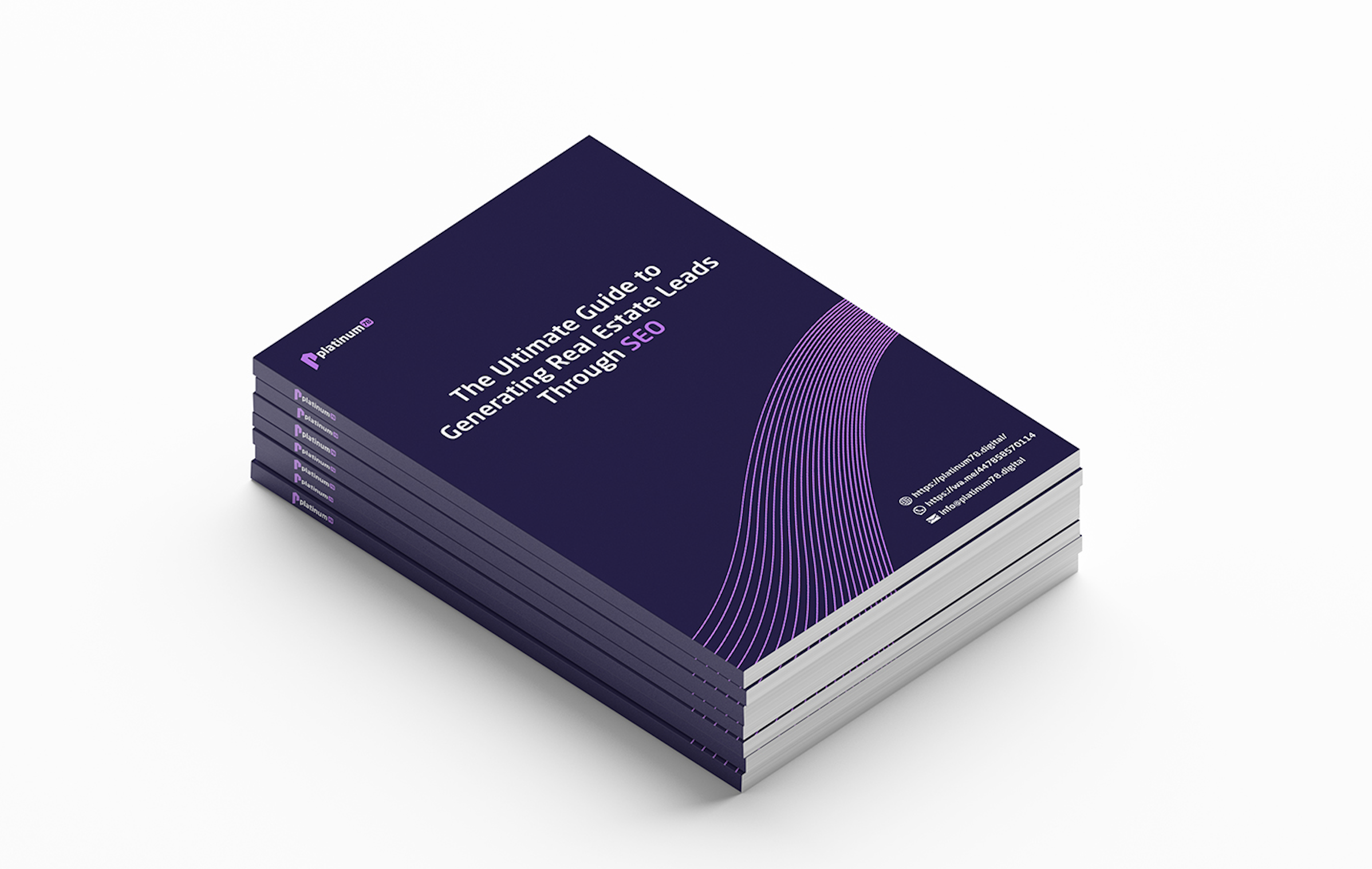Search Engine Optimisation is always evolving. If there’s one thing we’ve learned in recent years, it’s that Google never stops improving its algorithms. As we look toward 2025, the SEO landscape is set to change even more, and staying ahead of these shifts will be essential for anyone serious about digital marketing. The days of “set it and forget it” SEO are long behind us. So, what do we need to focus on?
First off, user experience will remain at the forefront of Google’s ranking signals. If there’s one thing Google has been clear about, it’s that websites which offer a fast, seamless, and engaging experience will rank higher. We’ve already seen how Google’s Core Web Vitals – which focus on page speed, interactivity, and visual stability – are becoming increasingly important. Looking ahead, we expect this trend to continue into 2025. Websites that prioritise speed, mobile optimisation, and user-friendly design are going to have the competitive edge.
Mobile-first indexing is already a reality, and 55% of global web traffic comes from mobile devices. If your website isn’t optimised for mobile yet, you’re already behind. At this point, 80% of the top-ranked websites are mobile-optimised, and we believe this will become a basic expectation in the near future(Source: DemandSage).
When it comes to content, AI will play a much larger role. Google’s AI models, like BERT and MUM, are increasingly capable of understanding complex queries and user intent. Over the past few years, it’s become clear that ranking well in search engines is no longer just about hitting specific keywords. Instead, we need to focus on creating high-quality, comprehensive content that answers real user questions. 36.3% of SEO professionals point to AI and AI-generated content as one of the most significant disruptors for SEO strategies moving into 2025 (Source: Search Engine Journal).
It’s not just written content, either. With Google Lens and voice search becoming more prominent, the future of search is undeniably visual and conversational. Today, over 25% of searches end without a click on desktop, and 17% on mobile – often due to the prominence of visual or AI-driven results (Source: WPBeginner). This means SEO experts need to start optimising not only for text-based queries but also for images, videos, and voice search. For instance, adding relevant alt text and optimising for voice search can make a big difference when Google’s AI is processing queries.
Looking ahead, Google’s MUM technology (Multitask Unified Model) will change the game. With its ability to process multiple types of content – text, images, and video – simultaneously, creating diverse content formats will be even more critical. In 2025, a single piece of content may need to cover various angles of a user’s query to rank effectively. This is something we believe many brands will need to embrace to stay competitive.
Privacy and data are also increasingly intertwined with SEO. With privacy regulations like GDPR and CCPA tightening, and third-party cookies being phased out, we expect first-party data to become a vital asset in SEO strategies. The way you collect, manage, and use data is changing. As Google becomes more focused on delivering personalised results, businesses that can build trust and use data ethically will likely benefit from more targeted search results.
Interestingly, 22.2% of SEO experts in 2024 are deeply concerned about algorithm updates (Source: Search Engine Journal). It’s clear that Google’s updates are more complex than ever, and with Google processing 99,000 searches per second, ranking in this vast ecosystem is no easy task. But this only underscores the importance of staying adaptable, keeping up with algorithm changes, and consistently refining your SEO strategies to maintain visibility (Source: WPBeginner).
Long-form, evergreen content will continue to have an edge. While short-form content is more suitable for social media, search engines still reward content that provides long-lasting value. Aiming for in-depth, well-researched articles that answer user queries comprehensively will help you stay relevant, not just in 2025, but for the long term.
When it comes to local SEO, Google is becoming more focused on delivering hyper-localised, personalised search results. By optimising your Google Business Profile, gathering positive reviews, and using location-based keywords, local businesses can greatly enhance their chances of appearing in relevant search results. we expect this trend to become even more refined as Google’s algorithms get smarter.
Lastly, we’ve been keeping an eye on sustainability in SEO. While this is still an emerging trend, there’s growing speculation that websites with a reduced carbon footprint may gain an SEO advantage. As more consumers and businesses become eco-conscious, websites that use energy-efficient hosting solutions could be recognised in future rankings.
In summary, SEO in 2025 is going to be about more than just ranking for keywords. It’s about creating a positive user experience, leveraging AI, diversifying your content, and being transparent about data privacy. If you can stay ahead of these trends, you’ll not only weather Google’s updates but thrive in a more competitive and personalised search landscape.




